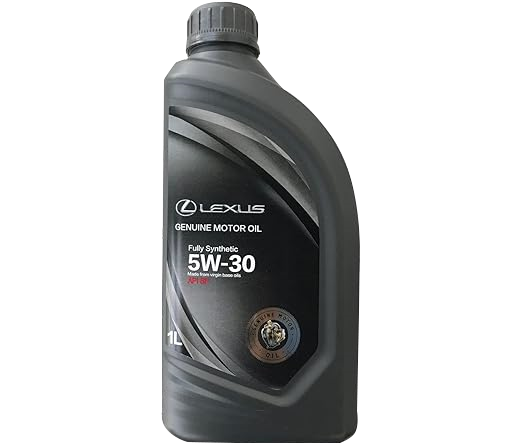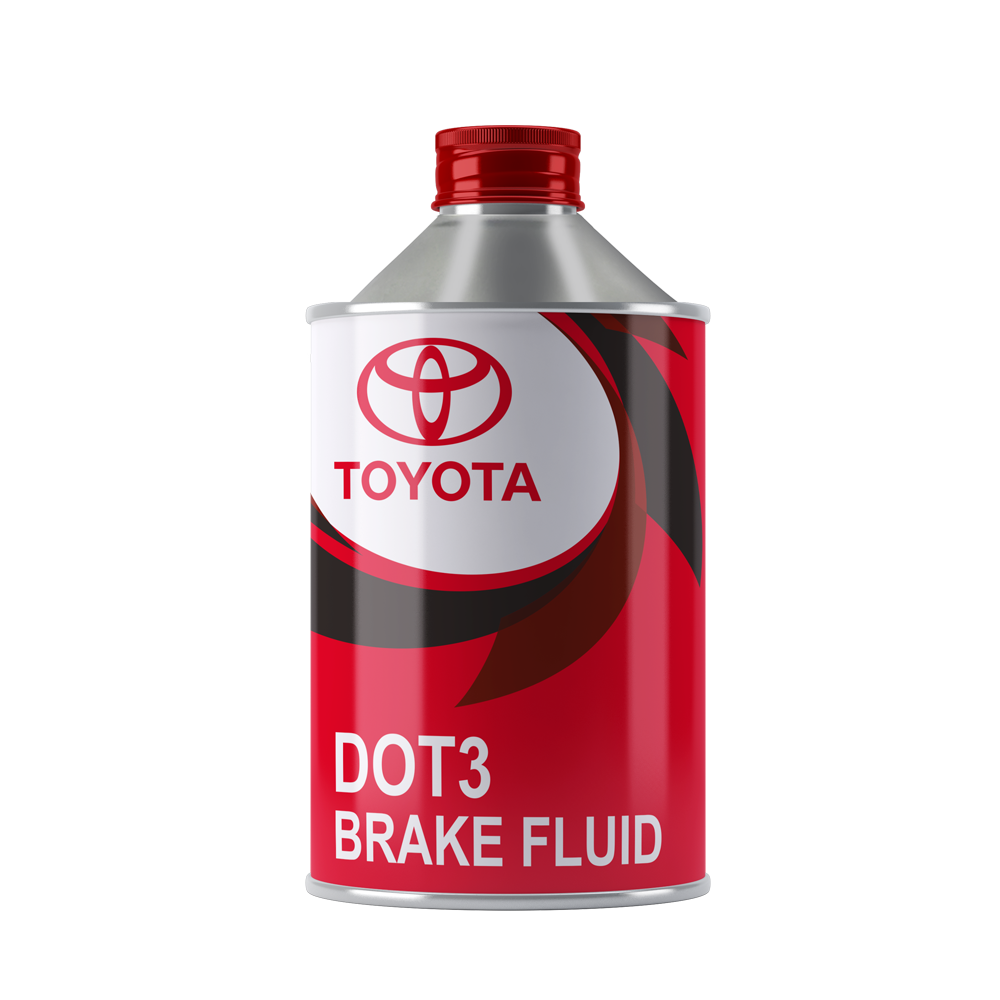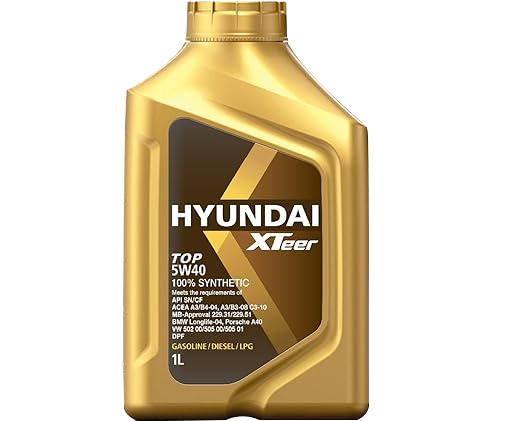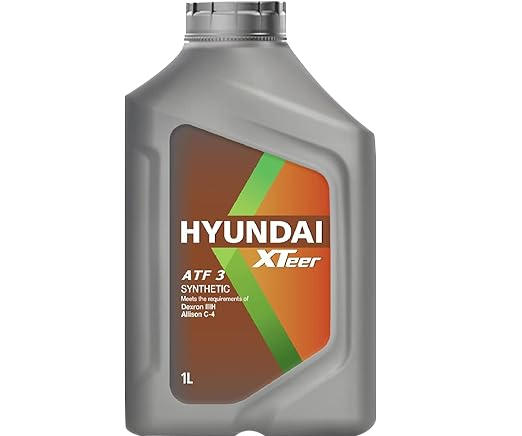Keeping your tires properly inflated and to the manufacturer’s suggested air pressure level is an essential part of tire maintenance. Tires with the right amount of air pressure last longer and contribute to the safety of your road trips.
Low air pressure

When tire pressure is low
Low tire pressure causes delayed braking and makes your vehicle’s steering and handling less responsive. This poses a safety risk if you need to stop or evade suddenly.
Low air pressure also allows the tire sidewalls to bend excessively, generating heat. While moderate heat accelerates tire wear, extreme heat can cause tread loss or even a tire blowout.
High air pressure

In general, high tire pressure is not a problem. Modern tires are designed to withstand air pressure higher than recommended for daily driving.
However, tires with consistently higher air pressures produce a less responsive ride and faster wear of the tread core, which means a shorter lifespan than tires with the correct air pressure.
6 tips for ideal air pressure

In your owner’s manual, automakers provide specifications for the optimal tire pressure for your vehicle. It may vary depending on whether the car is fully loaded or has been driven for a long time on the highway. On the other hand, higher air pressure generally enhances load capacity while reducing heat buildup.
- Check tire pressure regularly. Once a week is sufficient, but not less than once a month, and always before long trips.
- Use a high-quality pressure gauge. Gauges with dials and digital displays are more accurate.
- Follow the air pressure recommended by the vehicle manufacturer rather than the pressure specified on the tire.
- Check the pressure before driving and when the tires are cold.
- When the tires are hot, the pressure reading will be high and this is normal (usually 2 to 6 psi higher than normal).
- Increase tire pressure if recommended by the vehicle manufacturer when towing trailers, transporting heavy loads, or on long highway trips.
We also always recommend that you plan ahead for your car service by finding an auto repair shop and technician you can trust before you need them.












